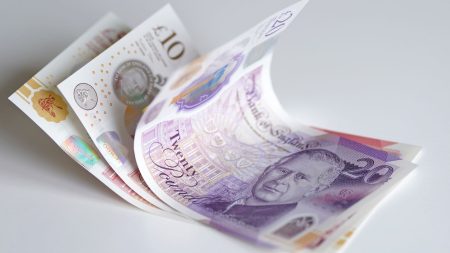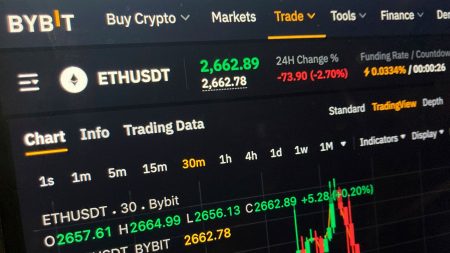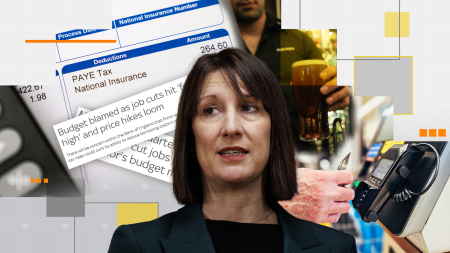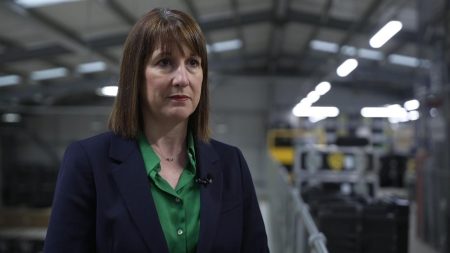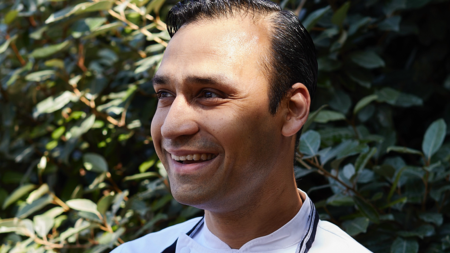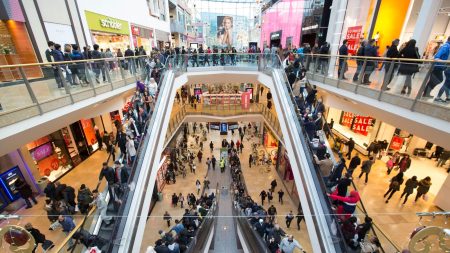The Hidden Cost of Being Single: How Living Alone Impacts Your Finances
Being single is often celebrated as a time of freedom and independence, but there’s a less uplifting reality to consider: the financial burden that comes with living alone. While Valentine’s Day might make you roll your eyes at the idea of splurging on gifts, the truth is that being in a relationship can save you thousands of pounds a year. Single people face a phenomenon often referred to as the “single tax,” where everyday expenses add up significantly when there’s no one to share the costs with. From housing and utilities to food and holidays, the financial challenges of being single can be overwhelming. Sky News, in collaboration with Hargreaves Lansdown, has revealed that single people spend £2,533 more annually than those in couples. This staggering figure highlights how the costs of living alone can quickly spiral out of control.
Housing Costs: The Heaviest Burden on Singles
One of the most significant financial strains on single people is housing. Rent or mortgage payments, council tax, and energy bills add up quickly when there’s no one to split them with. On average, single people spend 22% more on these essential housing costs than those in couples. For Robert Macdonald, a 56-year-old refuse collector from Swansea, the end of his relationship eight months ago brought a harsh reality. Now living alone, he spends 41% of his £1,700 monthly income on rent for a one-bed flat, a far cry from the 30% considered affordable. The rise inrent prices over the past decade has been alarming, with the average rent for a one-bed flat in England and Wales increasing from £726 in 2015 to £1,095 today. This surge has left many singles struggling to make ends meet.
For Hazel, a 71-year-old widow from London, the cost of heating her home has become “frightening.” Since her husband passed away, she has been forced to bear the full cost of energy bills alone. To cope, she layers up in 25 layers of clothing rather than turning on the heating, a stark reminder of how singles must make tough choices to stay within their budgets. The data shows that single people spend £7,974 a year on housing costs, compared to £6,215 per person in a couple. Even with the 25% council tax discount available to singles, the financial strain remains significant. This disparity highlights how the system often fails to account for the unique challenges faced by those living alone.
Food Costs: Singles Feel the Pinch
Grocery shopping is another area where singles face a financial disadvantage. Without the ability to split bulk purchases or share meals, single people often pay more for food. On average, singles spend £574 more annually on food than each person in a couple. Steph, a 30-year-old from London, has seen her weekly grocery bill jump from £20 in 2015 to £50 today, despite cutting out meat and fish to save money. She describes the situation as “extortionate” and feels overlooked in a world designed for couples and families. The inability to take advantage of bulk discounts or family-sized packs, which often expire before they can be fully used, further exacerbates the problem. For many singles, the cost of food is a constant stress, making it difficult to budget effectively.
Lifestyle Costs: Holidays, Hobbies, and Hidden Fees
The financial challenges of being single don’t stop at home. Holidays, in particular, can be a costly endeavor for singles. Many travel companies charge a single-occupancy fee, which can double the cost of a room. Hazel, who continues to take cruises she once enjoyed with her late husband, describes this practice as “fiendish.” She pays the same amount as a couple would for a cabin, effectively doubling her expenses. This “single tax” on travel is just one example of how the cost of living alone extends beyond everyday expenses. Social activities, hobbies, and even public services often come with hidden fees or higher prices for singles, making it difficult to maintain a fulfilling lifestyle without breaking the bank.
The Long-Term Financial Impact: Savings, Retirement, and Resilience
The financial burden of being single doesn’t end with daily expenses. Singles also face significant challenges when it comes to long-term financial planning. With one income instead of two, saving for a house deposit or building a pension becomes a daunting task. According to Hargreaves Lansdown, single people have just £42 left at the end of the month, £341 less than those in couples. This disparity makes it difficult for singles to build the kind of financial safety net that couples often take for granted. For Lisa McQuoid, a single mother raising her 15-year-old son on £1,300 a month plus £1,000 in Universal Credit, the idea of saving for a home deposit seems impossible. “There’s no chance of me getting on the property ladder unless I find a boyfriend or my parents die,” she says, a stark reminder of how financial independence can feel out of reach for singles.
Retirement is another area where singles face unique challenges. The average cost of a moderate living standard in retirement is £31,300 a year for singles, compared to £21,550 per person in a couple. Yet only 31% of singles are on track with their pension savings, compared to 44% of couples. Additionally, singles may need to pay for services that a partner would otherwise provide, such as gardening, DIY, or personal care. This lack of financial resilience can leave singles vulnerable to unexpected expenses or health crises in later life. As Sarah Coles, head of personal finance at Hargreaves Lansdown, puts it, “Because it’s not in your face, you might think that you’re getting by, but the lack of long-term resilience is a big deal.”
A Call for Change: Recognizing the Financial Reality of Being Single
The financial challenges of being single are not just a matter of personal budgeting; they are a systemic issue that requires attention from policymakers and society as a whole. Singles often feel overlooked in a world designed for couples and families, from tax policies to travel discounts. The “single tax” is not just about money—it’s about the emotional toll of feeling forgotten or undervalued. As Robert so bluntly puts it, “If two people were here, it would be cheaper.” This truth is echoed in the stories of singles across the UK, who are forced to make tough choices every day just to get by. It’s time to acknowledge the financial realities of being single and work toward creating a system that supports everyone, regardless of their relationship status. Until then, the cost of being single will continue to weigh heavily on those who face it every day.






